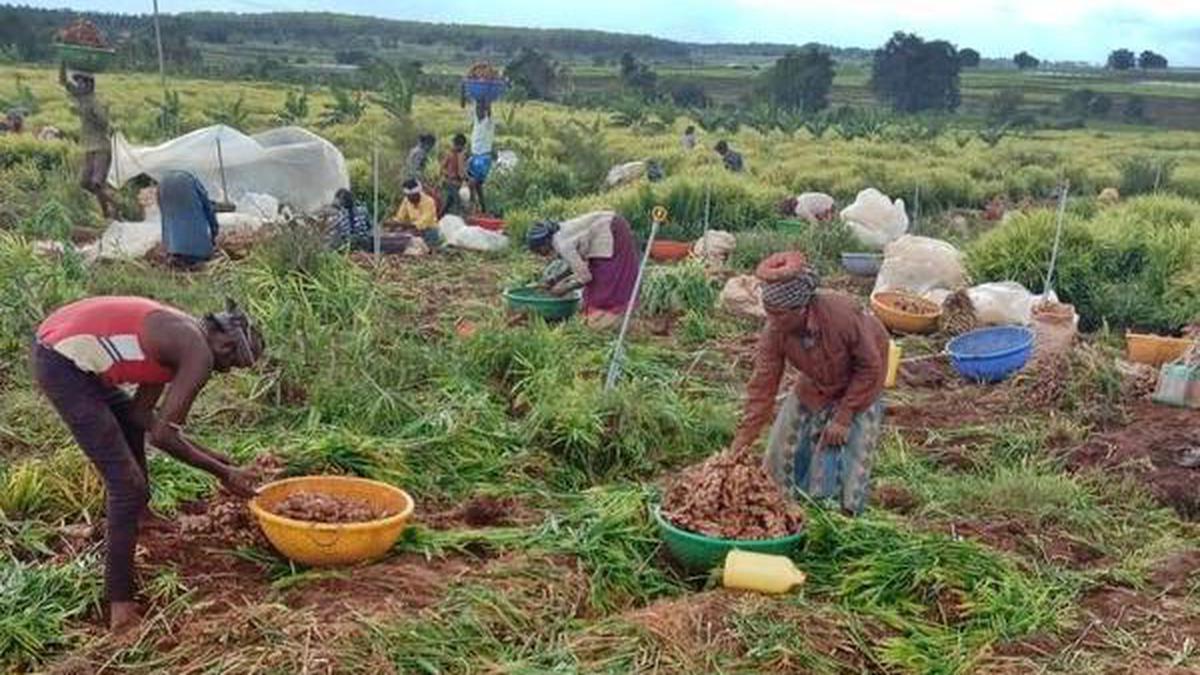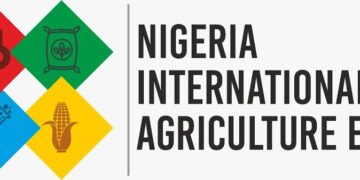Ginger farmers in Bwari Area Council, Federal Capital Territory (FCT), are warning that this year’s planting season may be out of reach for most growers due to a severe shortage of quality seedlings and essential farm inputs.
In interviews with the News Agency of Nigeria (NAN) on Tuesday, farmers called on the government and key stakeholders for immediate support, as they continue to grapple with the aftermath of a fungal outbreak that devastated crops in 2023.
The outbreak, which swept through major ginger-producing regions, caused widespread losses. The Federal Government has put damages at over N12 billion as of 2024. For many farmers in Bwari, recovery remains a distant hope.
Philip Akuso, a local farmer, described the outlook for 2025 as a “50-50 situation.” He said most farmers in the area still lack access to healthy seedlings, a critical setback that threatens the viability of this year’s harvest.
“Since the 2023 outbreak, ginger has become scarce, and prices have gone through the roof,” Akuso said. “A bag that sold for N350,000 last December climbed to as much as N800,000 earlier this year. It’s now slightly lower at about N700,000.”
Beyond the seedling crisis, Akuso pointed to deeper challenges facing Bwari farmers, financial strain, insecurity, and the lingering effects of poor yields. Some have turned to neighboring Kaduna State, particularly Kachia and Jaba, for seedlings, but many cannot afford the costs.
“At this point, ginger farming feels like a business for the wealthy,” he added. “Only those with significant capital can buy quality seedlings and take the risk.”
While some growers in Kaduna enjoyed better harvests last year and now have healthy seedlings in storage, few in Bwari were as fortunate. Many remain hesitant to reinvest, unsure whether they can withstand another bad season.
Still, Akuso holds out hope. “We’re praying for a better yield by year’s end, but we need help. and fast.”
Another farmer, Somo Yakubu, managed to save two bags of ginger from last year’s harvest, which he plans to replant. He noted that farmers in Kawu-Bwari were slightly luckier, as the disease arrived late and allowed many crops to mature.
Yakubu echoed calls for urgent intervention and stressed the need for research and government-backed solutions to prevent another lost season.
“Time is running out,” he said. “We can’t afford to go through this again without real support.”










